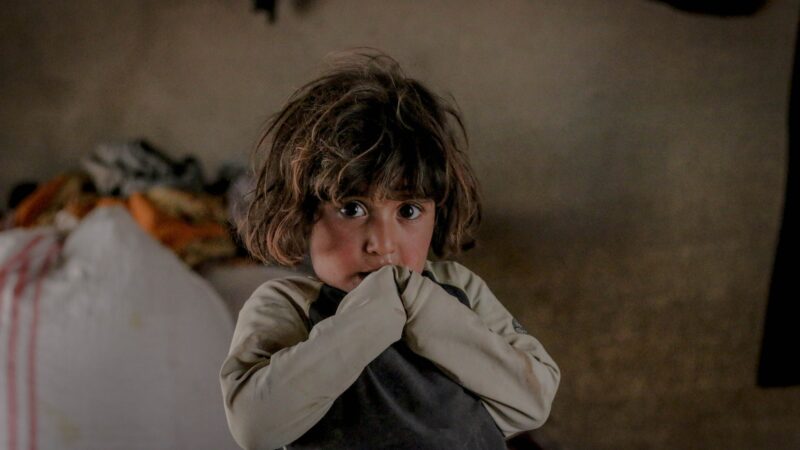Bangalore is India’s breast cancer capital

BANGALORE: This should set alarm bells ringing in the IT city. Bangalore is now the breast cancer capital of the country. According to Population Based Cancer Registry (PBCR) report 2013, the city tops the chart with 36.6 new cases for every one lakh population having the disease. And doctors say it has much to do with lifestyle. The registry, compiled from 11 major cities across India, shows Pune recording the least number of breast cancer cases (23.3 of every lakh) followed by Kollam with 25.8 cases. Thiruvananthapuram has the second highest incidence with 35.1 cases per lakh and Chennai follows with 32.6 cases. According to Dr K S Gopinath, senior consultant, surgical oncologist, HCG, Bangalore, the rapid rate of urbanization is to be blamed for rising breast cancer cases in the city. “Due to urbanization, the lifestyle of people has changed by 180 degrees and the effect is visible,” says Dr Gopinath. “While the normal age of contracting breast cancer was anywhere between 45 and 55 years a decade ago, it has plunged to 35-45. We see girls as young as 18 years with breast cancer.” Dr Jayanthi Thumsi, senior consultant, breast oncosurgeon, BGS Global Hospital, agrees. “Breast cancer can also be termed a lifestyle disease,” says Dr Jayanthi. “Late marriage, fewer children and declining trend of breastfeeding are some causative factors, and all these are related to urbanization. According to scientific studies, breastfeeding and pregnancy keep breast cancer at bay. Obesity, which is related to lifestyle, is another cause.” Experts also blame it on the easy availability of contraceptive pills. “Since all contraceptive pills are hormonal pills, they should be taken under the guidance of a doctor,” says Dr Jayanthi. “But women in a metropolitan city like Bangalore simply pop these pills.” Changing food habits and lifestyle in cities such as Bangalore, according to experts, have also increased the reproductive period in women’s lifetime, making them more exposed to reproductive hormones and, thus, breast cancer. “The age of menstruation has come down and that of menopause has gone up, stretching the reproductive period,” says Dr Neelesh Reddy, consultant medical oncologist, Columbia Asia Referral Hospital, Yeshwantpur. Breast cancer can also strike men A couple of years ago, Ramesh R (name changed) noticed a small lump on his chest. The 56-year-old working professional from Bangalore ignored the lump initially since it was small and painless. But it soon became bigger, harder and a little painful, too. Ramesh then reached out to his family doctor. “The doctor suspected tuberculosis but suggested a detailed check-up. After undergoing examination at Narayana Hrudayalaya Health City, I was told I’ve breast cancer,” says Ramesh, who was taken aback by the result. Truth is, though relatively rare, breast cancer can afflict men, too, but often goes unnoticed and untreated. “The problem is the myth that breast cancer cannot affect men,” says Dr Anthony Pais, head of oncoplastic breast surgery unit, Mazumdar Shaw Cancer Centre at NH Health City. “So although they notice the lump in early stages, they walk in for treatment only when it has advanced. This makes treatment difficult.” The detection of breast cancer is easy in the case of men, he says. “Although the disease spreads faster, since mastectomy is not an issue with males, treatment is easier,” says Dr Pais. According to Dr K S Gopinath, senior consultant, surgical oncologist, HCG, while earlier only 1% of breast cancer cases were males, this has gone up to 3% now. “With more awareness and less stigma attached to it, more men are coming out for treatment, which is a good sign,” says Dr Gopinath. “Men definitely need to know that they, too, are vulnerable to breast cancer.” Dubious distinction City – New cases per lakh Bangalore – 36.6 Thiruvananthapuram – 35.1 Chennai – 32.6 Nagpur – 32.5 Delhi – 32.2 Mumbai – 31 Ahmedabad – 27.5 Bhopal – 27.4 Kolkata – 26.1 Kollam – 25.8 Pune – 23.3 (Source: PBCR data) What causes breast cancer? Late marriage, fewer children and thus pregnancy, avoiding breast-feeding, contraceptive pills, food habits, sedentary lifestyle, alcohol, smoking and hereditary factors Have regular check-ups Experts say breast cancer is curable if detected early. Moreover, if you have a family history of the disease, you need to be extra cautious. “If your mother or grandmother had breast cancer, the chance of you getting it is one out of 10, which would have been only one out of 20 if there was no family history,” says Dr K S Gopinath, senior consultant, surgical oncologist, HCG. “So get yourself checked from the age of 20.” ——– SOURCE: TIMES OF INDIA





